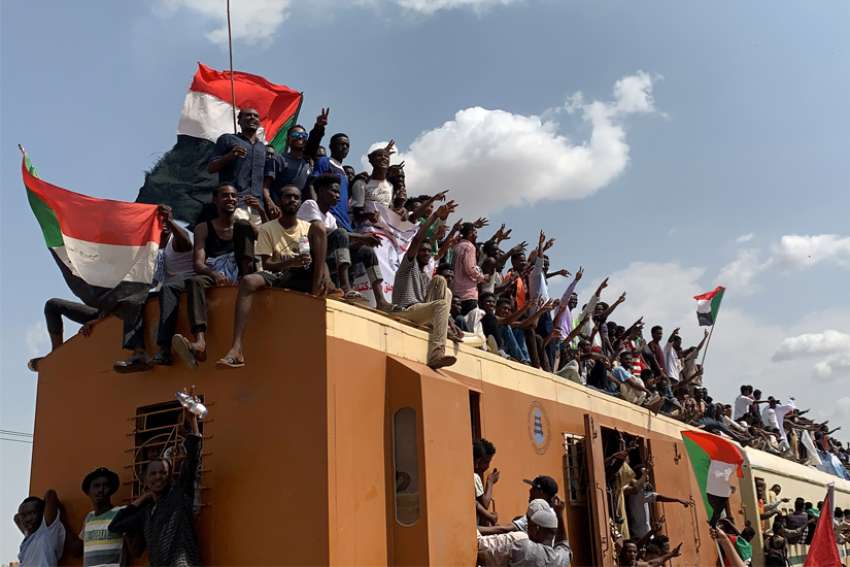"Our hearts went out for Sudan during the period under which the country was facing the turmoil. Actually we are still Sudanese; we share the common border; our history is intertwined; our behavior is the same; ours is a scenario of two countries with one system," South Sudan's bishops said in a statement Aug. 23.
South Sudan President Salva Kiir witnessed the peace agreement, and bishops in both countries are part of the same episcopal conference. South Sudan attained independence from Sudan July 9, 2011.
"We still have thousands of refugees from South Sudan living in Sudan," the bishops said, adding that "the conflict in Sudan really hit at home."
The bishops noted Sudan had established a unity government "consisting of five leaders from the civilians and five leaders from the military, and these two groups will work together to build toward preparing the people for the next election."
The same day South Sudan's bishops issued a statement, the London-based Human Rights Watch issued a report urging Sudan's new transitional government to take concrete steps to ensure accountability for past rights abuses, including the attacks on protesters since April.
"As Sudan's leaders embark on long-overdue critical reforms, they should ensure justice to fulfill the promise for a transition to a state based on human rights and rule of law," said Human Rights Watch. "To ensure progress, they should set goals and benchmarks, including for accountability for serious abuses, just as the protesters demanded."


